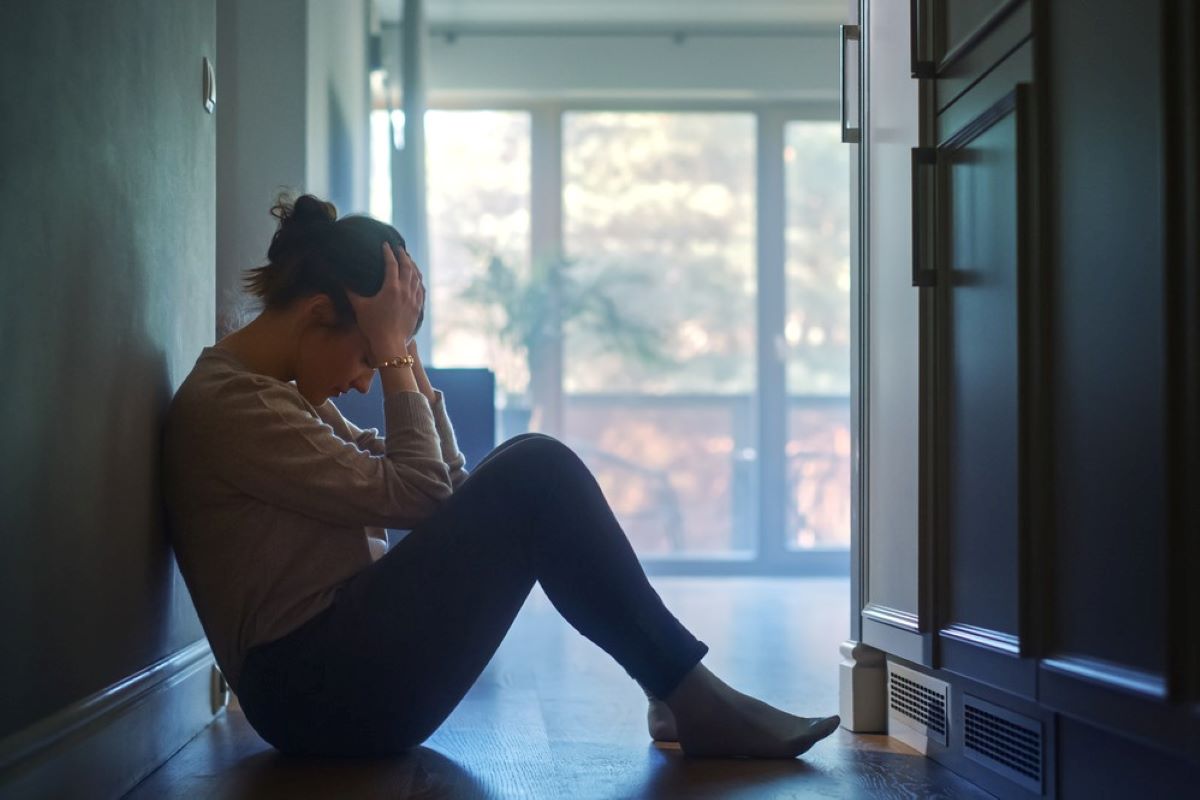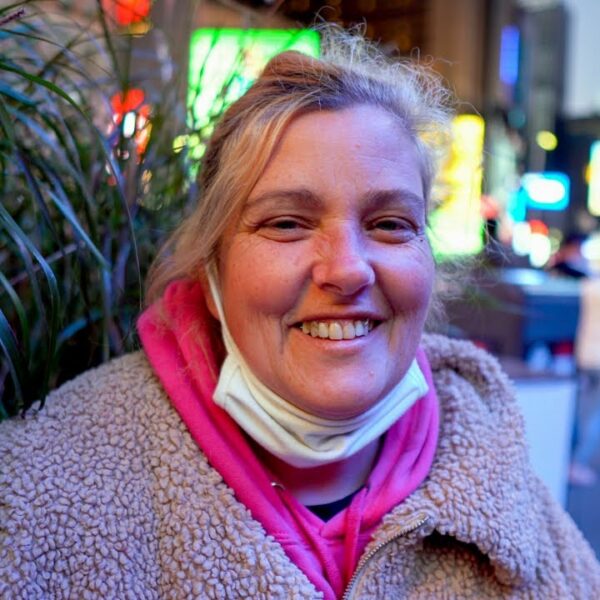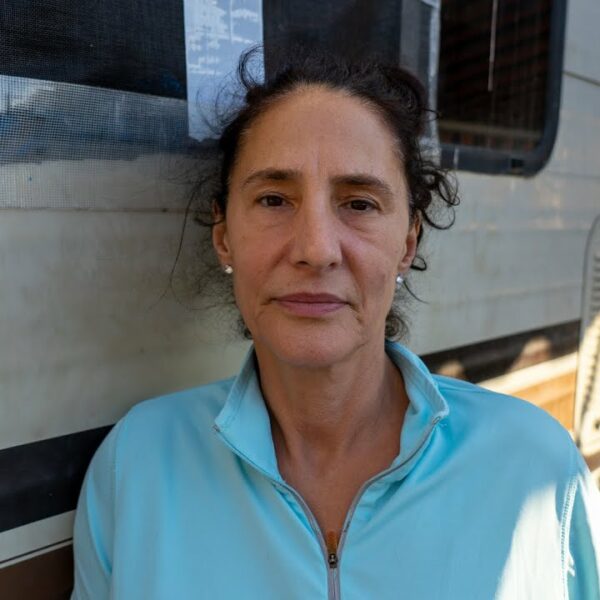As for many others, covid has been very stressful for my family and me. Right now, my husband and I are enduring the symptoms of long-covid. We contracted the virus nearly a month ago but still have symptoms today. And for many, it’s more than just the virus itself. In fact, I’d say the distress from contracting the virus, compounded by the stress of missing work and then rent, makes covid so distressing.
My husband has a nasty cough that’s progressively gotten worse. While he still has covid symptoms, he is considering going to work tomorrow. He is seeing how long he can keep going to work until he has no choice but to stay home. That is what causes me distress.
The reality is there isn’t a choice. He has burned through all his sick time, so additional time off will not be paid. We’ve arrived at this moment where it actually feels riskier to miss work.
It’s the month’s end, meaning rent is about due.
As a formerly homeless person, I can only think about the many possible ways I could be without a home again. I’m not sure what’s worse. The fact that it feels this way, and many feel this way. Or the fact that this is the norm and expected and therefore accepted.
We live in very strange and scary times.
A thought I’ve often had over the past couple of years is, “I would not have survived this homeless,” or “I would not have survived this in a homeless shelter, with a different landlord, or a different job, or a different family, or with different circumstances.” I just wouldn’t.
You realize your life’s privileges when you’ve been on the other side.
I know how little it takes to become homeless. I know how quickly things can spiral out of control. And I might be crazy, but I don’t think it should be this way. I don’t think we should have to go to work when we’re sick, and I don’t think we should put other people and their families at risk to be good employees, to keep our jobs, to keep our homes, to keep food on the table.
We shouldn’t have to sacrifice ourselves and those around us in this way for what? So the organization you work for can make a little more money? Nothing is more valuable than the health, safety, and comfort of the people in our lives.
But that’s not how the world works, not our world.
It’s been proven repeatedly that our worth and privilege have much to do with our ability to make money and make even more money for others. This is the case wherever you look. If it’s not profitable, it’s just not as important. And this way of thinking impacts the lives of all of us, even amid a global pandemic, even if you’re homeless.
When I say that I don’t think I’d survive covid if I were homeless, I am not being dramatic or trying to make a dramatic statement. It’s just realistic. My privileges are what’s keeping me right side up right now.
This month I had somewhere between 8 and 10 appointments. Not only do I attend weekly therapy, but I also see a psychiatrist. I went to see a doctor three other times for covid and post-covid related illnesses, including a sinus infection. I missed work for about half of the month.
The only reason why I’m managing all of this “as well as I am” (though, honestly, not really) is because I have a flexible employer with lots of sick days, which I’ve saved up pre-covid. It’s because I also get a lot of support from others, and that support significantly secures my stability and overall wellness.
However, only some have that kind of support all the time. That is often all that stands between housed and homelessness.
When I think about surviving covid while homeless, I think about how I probably wouldn’t be able to afford rapid home tests or even the cost of getting on a train to a testing center as often as I should.
I thought about how quickly covid would have spread in tight, crowded shelters like the ones where I’ve stayed.
I think about how, when looking at the status of health centers dedicated to helping homeless people, those health centers were quick to shut down during the pandemic due to increased costs and lack of funds.
And that’s really scary.
Think about it. If you’re poor or homeless, you probably have less access to quality healthcare and, therefore, probably have more underlying medical conditions that don’t get addressed as quickly or as well as those in other income brackets.
According to United Way, the COVID-19 pandemic has only exacerbated existing issues for homeless people. Job and income loss throughout the country have seen people from coast to coast get evicted from their homes, significantly increasing the number of people seeking out resources and support systems designed to help homeless people.
This is happening simultaneously as the virus and restrictions designed to curb its spread have forced homeless shelters across the nation to shutter their doors, in some cases permanently. Not even cities with robust support systems have been immune to these realities.
If anything, covid has shown us that this is not the best way. When things get bad, we don’t have the security and stability to see it through. All of us, even those who don’t make much money or can’t make any at all. Even those who didn’t have homes, to begin with.













